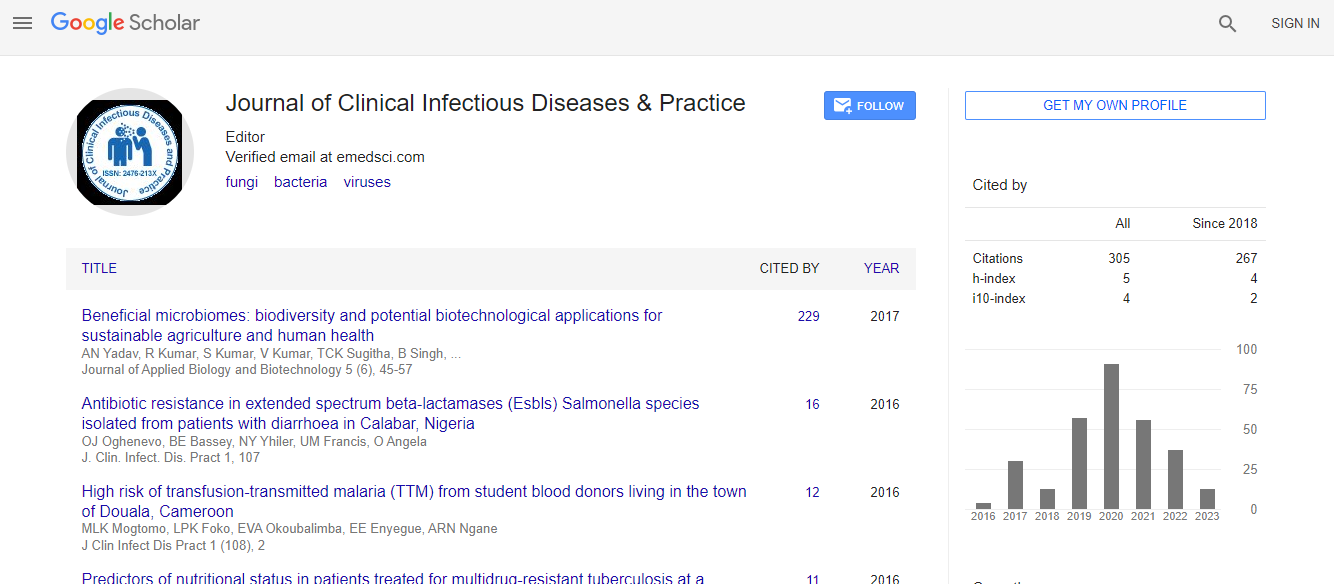Case Report
New Delhi Metallo-β-Lactamase 1 (NDM 1) Klebsiella Pneumoniae in Saudi Arabia: First Case Report and Literature Review
*Corresponding Author: Mazin Barry, Department of Medicine, College of Medicine, PO Box 2925, Riyadh 11461, Saudi Arabia, Email: Mbarry@ksu.edu.saReceived Date: Apr 23, 2018 / Accepted Date: May 09, 2018 / Published Date: May 14, 2018
Citation: Barry M, AlGhamdi M, Manneh K, Senok A, Somily A (2018) New Delhi Metallo-β-Lactamase 1 (NDM 1) Klebsiella Pneumoniae in Saudi Arabia: First Case Report and Literature Review. J Clin Infect Dis Pract 3: 125.
Copyright: © 2018 Barry M, et al. This is an open-access article distributed under the terms of the Creative Commons Attribution License, which permits unrestricted use, distribution, and reproduction in any medium, provided the original author and source are credited.
Abstract
Our patient is a 56 years old Indian gentleman who presented to our hospitals emergency department with right upper quadrant pain which started three hours earlier, the pain was colicky and moderately severe, there was none of the following: radiation, nausea, vomiting, fever nor jaundice. He was hemodynamically stable, on physical exam he had mild tenderness over the right upper quadrant, no guarding nor rigidity, bowel sounds were audible, liver function tests were sent and all the enzymes and bilirubin were within normal range. No ultrasound was done at this time; he was given intramuscular scopolamine, and was prescribed ranitidine daily. He remained symptom free for the next 4 months, when he developed sudden onset of fever, chills and rigors, with no other symptoms, he again presented to our hospitals emergency department, the emergency physician assessment couldnt find a focus of infection for his fever, a blood culture was drawn, and he was discharged on acetaminophen. That same night the blood culture grew a gram negative bacilli, he was called back to the emergency department, where intravenous ceftriaxone was started, the gram negative was later identified as E. coli, which was an extended spectrum Lactamase (ESBL) producer, it was only susceptible to imipenem.

 Spanish
Spanish  Chinese
Chinese  Russian
Russian  German
German  French
French  Japanese
Japanese  Portuguese
Portuguese  Hindi
Hindi 
